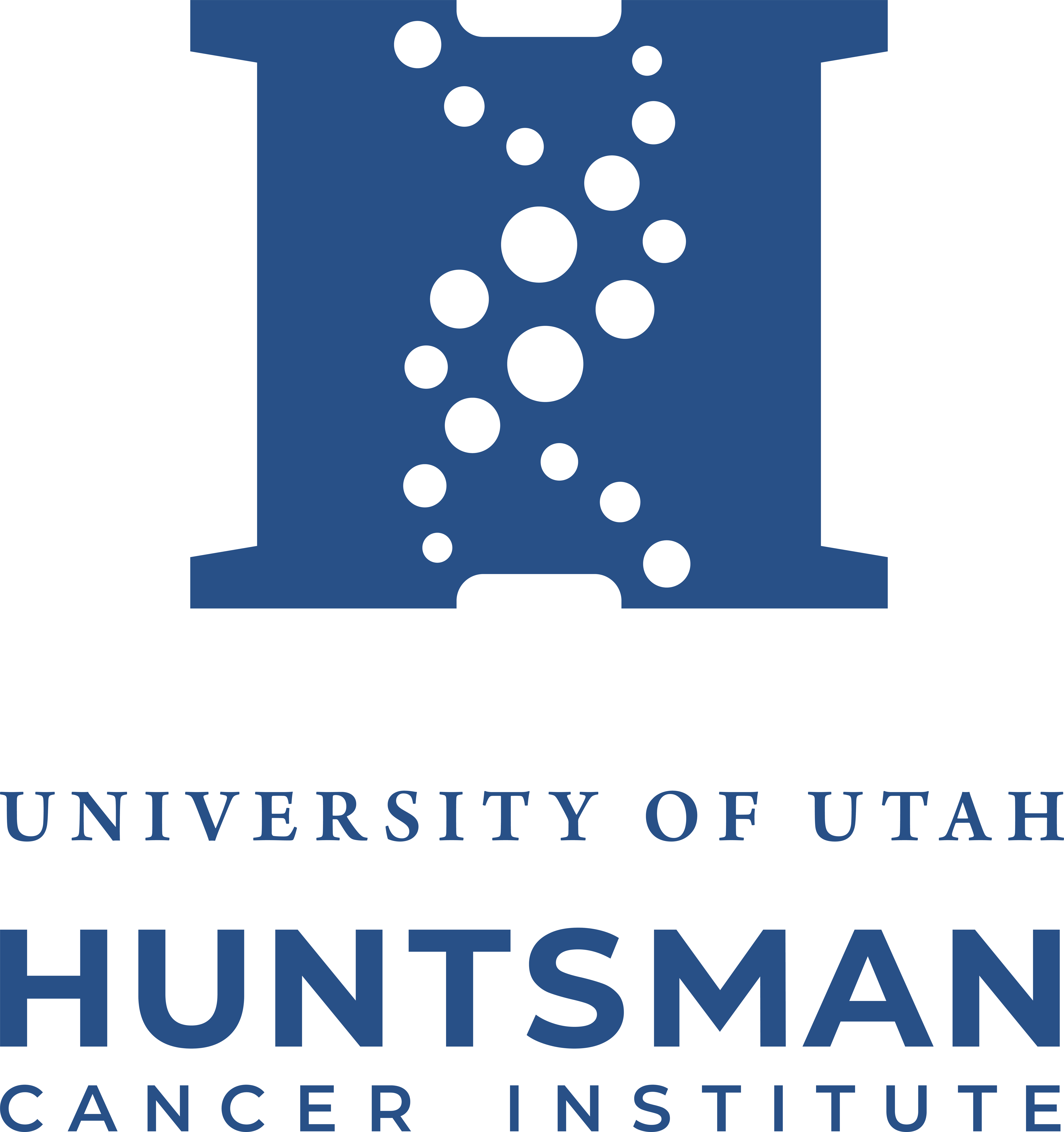
Dr. Sborov on the Toxicities Associated With Novel Therapies in Multiple Myeloma

Douglas W. Sborov, MD, MS, discusses the toxicities associated with novel therapies in multiple myeloma.
Douglas W. Sborov, MD, MS, assistant professor, Division of Hematology and Hematologic Malignancies, Department of Internal Medicine, University of Utah School of Medicine; director, Multiple Myeloma Program and Division of Hematology Biorepository; member, Huntsman Cancer Institute (HCI) Experimental Therapeutics Program; physician leader, Multiple Myeloma/Bone Marrow Transplant arm, HCI Clinical Trials Office; and member, HCI Protocol Review and Monitoring Committee, Huntsman Translational Scholar, University of Utah Health, discusses the toxicities associated with novel therapies in multiple myeloma.
Although the treatment of patients with multiple myeloma continues to improve with the integration of multiple novel therapies, each regimen is associated with toxicities, Sborov says. Some toxicities, such as cytopenias, infections, and gastrointestinal toxicities, overlap with many available therapies in this paradigm. However, some of the newer therapies offered to patients are associated with unique adverse effects, Sborov explains.
For example, infusion-related reactions are reported in up to 50% of patients treated with CD38-directed monoclonal antibodies, such as daratumumab (Darzalex) and isatuximab-irfc (Sarclisa), and the SLAM7-directed monoclonal antibody elotuzumab (Empliciti), Sborov says. The integration of subcutaneous daratumumab (Darzalex Faspro) has significantly decreased the rate of infusion-related reactions observed with the intravenous formulation, although toxicity remains a risk—particularly during the first 2 doses.
Novel bispecific antibodies are associated with prominent and consistent low-grade cytokine release syndrome (CRS), Sborov says. As with the monoclonal antibodies, utilizing a subcutaneous formulation of these agents or a step-up dosing strategy could mitigate this toxicity for patients.
Finally, the field is working to develop a better understanding of how to mitigate CAR T-cell therapy–related CRS and immune effort cell–associated neurotoxicity syndrome, Sborov concludes.




































